
Chris Hoffman
Contributing since August, 2010
-
2888articles
Page 26
About Chris Hoffman
Chris Hoffman is the former Editor-in-Chief of How-To Geek. Chris has personally written over 2,000 articles that have been read more than one billion times---and that's just here at How-To Geek.
With over a decade of writing experience in the field of technology, Chris has written for a variety of publications including The New York Times, Reader's Digest, IDG's PCWorld, Digital Trends, and MakeUseOf. Beyond the web, his work has appeared in the print edition of The New York Times (September 9, 2019) and in PCWorld's print magazines, specifically in the August 2013 and July 2013 editions, where his story was on the cover. He also wrote the USA's most-saved article of 2021, according to Pocket.
Chris was a PCWorld columnist for two years. He founded PCWorld's "World Beyond Windows" column, which covered the latest developments in open-source operating systems like Linux and Chrome OS. Beyond the column, he wrote about everything from Windows to tech travel tips.
The news he's broken has been covered by outlets like the BBC, The Verge, Slate, Gizmodo, Engadget, TechCrunch, Digital Trends, ZDNet, The Next Web, and Techmeme. Instructional tutorials he's written have been linked to by organizations like The New York Times, Wirecutter, Lifehacker, the BBC, CNET, Ars Technica, and John Gruber's Daring Fireball. His roundups of new features in Windows 10 updates have been called "the most detailed, useful Windows version previews of anyone on the web" and covered by prominent Windows journalists like Paul Thurrott and Mary Jo Foley on TWiT's Windows Weekly. His work has even appeared on the front page of Reddit.
Articles he's written have been used as a source for everything from books like Team Human by Douglas Rushkoff, media theory professor at the City University of New York's Queens College and CNN contributor, to university textbooks and even late-night TV shows like Comedy Central's @midnight with Chris Hardwick.
Starting in 2015, Chris attended the Computer Electronics Show (CES) in Las Vegas for five years running. At CES 2018, he broke the news about Kodak's "KashMiner" Bitcoin mining scheme with a viral tweet. A wave of negative publicity ensued, with coverage on BuzzFeed News, CNBC, the BBC, and TechCrunch. The company's project was later reportedly shut down by the U.S. Securities and Exchange Commission.
In addition to his extensive writing experience, Chris has been interviewed as a technology expert on TV news and radio shows. He gave advice on dark web scans on Miami's NBC 6, discussed Windows XP's demise on WGN-TV's Midday News in Chicago, and shared his CES experiences on WJR-AM's Guy Gordon Show in Detroit.
Chris also ran MakeUseOf's email newsletter for two years. Nearly 400,000 subscribers received the newsletter complete with a handwritten tip every day.
Latest Articles
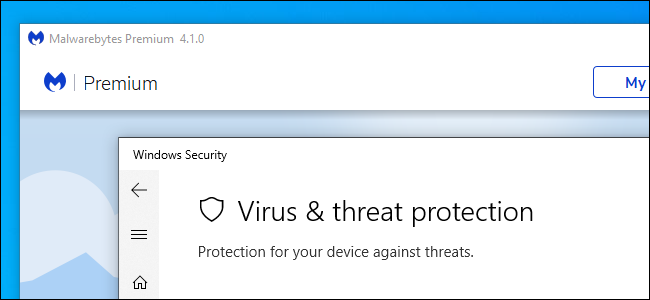
How to Run Malwarebytes Alongside Another Antivirus
Malwarebytes Anti-Malware is a great security tool that's particularly effective against "potentially unwanted programs (PUPs)" and other nasty software traditional antivirus programs don't deal with.

How to Update Microsoft Edge
Here's how to update Microsoft Edge, whether you're using the new Chromium-based Edge or the original version that came with Windows 10.

How to Enable and Disable Full-Screen Mode in Microsoft Edge
Here's how to enable full-screen mode in Microsoft Edge, whether you're using the new version or the old one.

How to Reduce Microphone Background Noise on a PC
Need better audio quality for your voice meetings? Here's how to eliminate microphone background noise on a Windows PC.

Beginner Geek: Change What Windows Does When You Shut Your Laptop's Lid
Are you tired of your laptop automatically going to sleep when you shut it's lid? Here's how you can make your laptop do what you want it to do when
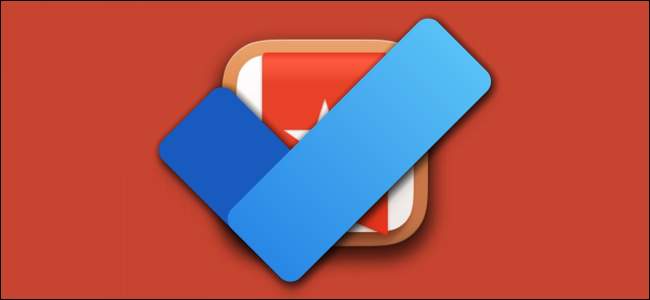
How to Switch From Wunderlist to Microsoft To Do
Wunderlist is shutting down on May 6. If you're still using the beloved tasks app, now is the time to switch and get your data out.
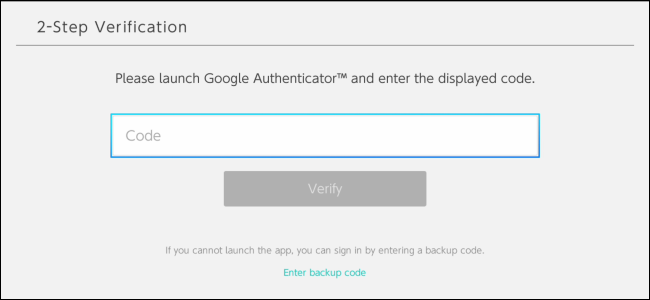
How to Enable Two-Factor Authentication on Your Nintendo Account
Nintendo lets you activate two-step verification, a form of two-factor authentication, for your Nintendo Account.
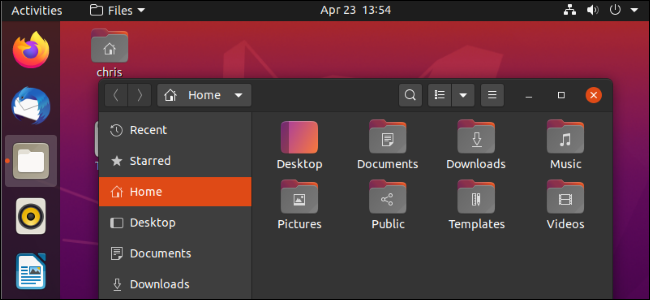
How to Enable Dark Mode on Ubuntu 20.04 LTS
Ubuntu 20.04 LTS comes with a built-in dark theme. Here's how to enable it.

What Is Credential Stuffing? (and How to Protect Yourself)
"Credential stuffing" is the reason over 500 million Zoom accounts are for sale on the dark web. Here's what that means---and how to protect yourself.
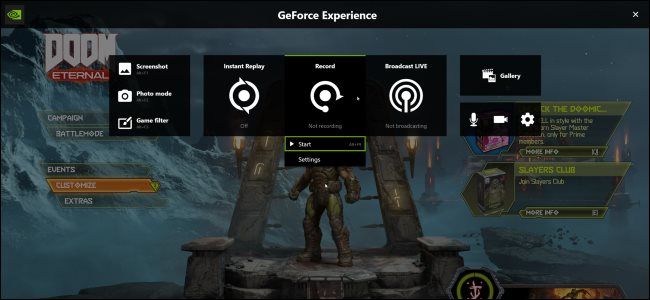
How to Record Your PC Gameplay with NVIDIA ShadowPlay
NVIDIA's ShadowPlay, now known as NVIDIA Share, offers easy gameplay recording, live streaming, and even an FPS counter overlay.

Windows 10's File Explorer Is Getting Linux Files (and Tux)
Microsoft is adding a "Linux" option to Windows 10's File Explorer, complete with a Tux logo.
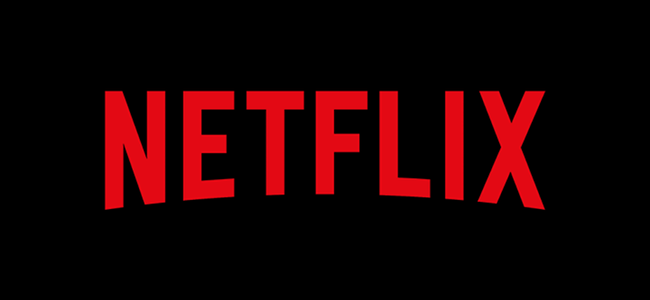
How to Lock a Netflix Profile With a PIN
Netflix now lets you lock your profile with a PIN. Here's how.
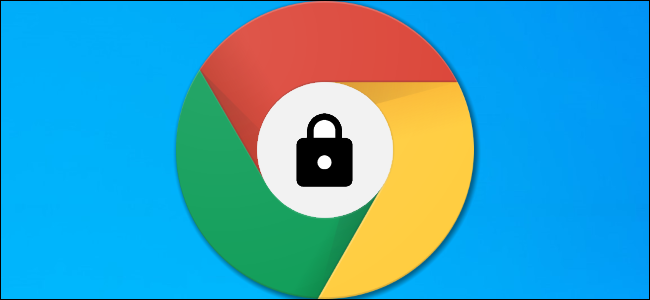
Why You Should Never Disable Automatic Updates in Chrome
Chrome's automatic updates are a critical for keeping your PC safe. (Don't like Chrome's automatic updates? We've got some alternative browsers for you!)
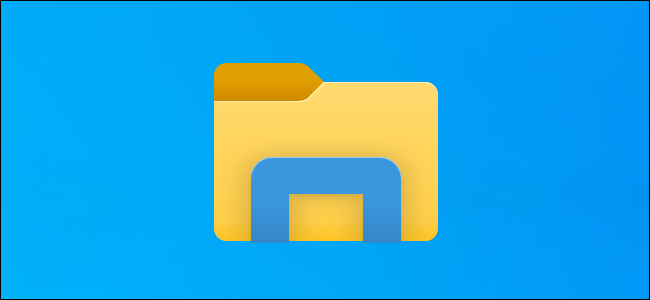
How to Use File Explorer Without a Mouse on Windows 10
Windows 10's File Explorer is packed with keyboard shortcuts. Here's how to navigate File Explorer and accomplish your tasks without every touching the mouse.
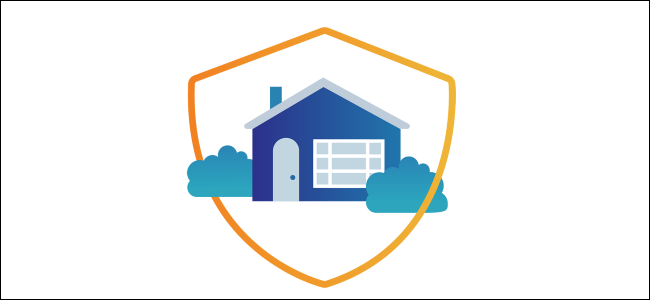
How to Use Cloudflare DNS's Parental Controls
Cloudflare's 1.1.1.1 DNS service now offers optional parental controls. It can block malicious and adult domains. Here's how to set it up.
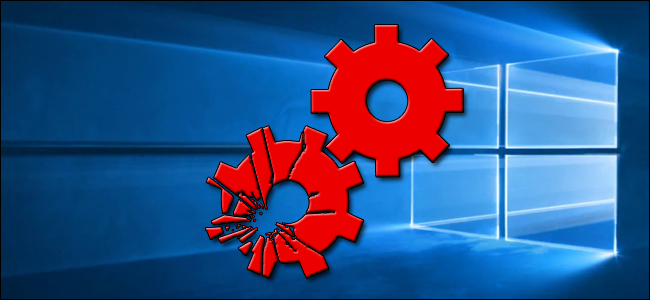
Windows 10's Bugs Are Teaching the Importance of Backups
Several Windows 10 updates have now deleted people's files. Buggy Windows updates are just one reason you need backups.

How Long Can Coronavirus Live on a Smartphone?
Sanitize your smartphone regularly. Studies suggest the novel coronavirus can live for up to 96 hours on glass surfaces.

Does Zoom Really Monitor Which Apps You're Using on a Call?
Viral social media posts allege hosts can see the apps you're using on a Zoom call. So, is Zoom tracking you? Nope. We'll explain how Zoom's "attention tracking" actually works.

Does Online Gaming Really Use a Ton of Bandwidth?
Forget the viral tweets and sensationalized articles. Playing online games doesn't use a ton of bandwidth. Watching Netflix uses much more.

